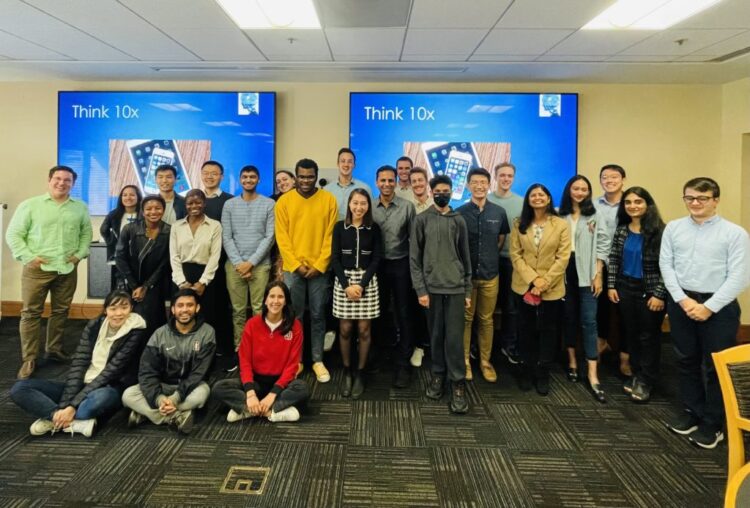
Stanford Law School’s Digital Millennium Copyright Act (DMCA) Sawers VentureBeat program has been making waves in the legal and technology communities. This innovative initiative aims to address the challenges posed by copyright infringement in the digital age. By examining the impact of the DMCA on startups and entrepreneurs, Stanford Law School is at the forefront of shaping copyright law and fostering innovation. In this article, we will delve into the key aspects of the program and explore its significance in today’s rapidly evolving digital landscape.
1. The DMCA and Its Implications
The Digital Millennium Copyright Act, enacted in 1998, introduced crucial provisions to protect copyrighted works in the digital realm. However, it also introduced certain challenges for startups and entrepreneurs. The DMCA Sawers VentureBeat program at Stanford Law School seeks to address these challenges by providing a platform for legal experts, entrepreneurs, and policymakers to collaborate and find practical solutions.
One of the main implications of the DMCA is the safe harbor provision, which shields online service providers from liability for copyright infringement committed by their users. While this provision has been instrumental in fostering online innovation, it has also led to concerns regarding its abuse by large platforms. The DMCA Sawers VentureBeat program aims to strike a balance between protecting intellectual property rights and promoting technological progress.
2. Nurturing Innovation through Collaboration
The DMCA Sawers VentureBeat program fosters collaboration between legal experts, entrepreneurs, and policymakers to address the challenges faced by startups in navigating copyright law. By bringing together these diverse stakeholders, the program creates a unique environment for knowledge-sharing and problem-solving.
Through workshops, seminars, and conferences, participants gain insights into the legal intricacies of copyright law and learn how to effectively navigate the DMCA’s provisions. This collaborative approach not only empowers entrepreneurs to protect their intellectual property but also equips them with the tools to innovate responsibly.
3. Impact on Startups and Entrepreneurs
Startups and entrepreneurs often face legal hurdles when it comes to copyright infringement claims. The DMCA Sawers VentureBeat program provides them with the necessary resources and guidance to navigate these challenges effectively. By understanding the nuances of the DMCA, startups can proactively address copyright concerns and avoid potential legal pitfalls.
Moreover, the program encourages startups to adopt best practices for copyright compliance from the outset. By integrating legal considerations into their business strategies, entrepreneurs can mitigate the risk of copyright infringement claims and foster a culture of innovation that respects intellectual property rights.
4. Shaping Copyright Law for the Digital Age
The DMCA Sawers VentureBeat program plays a crucial role in shaping copyright law in the digital age. By examining the practical implications of the DMCA, legal experts and policymakers gain valuable insights into its strengths and weaknesses. This knowledge informs ongoing discussions around copyright reform and helps ensure that the law keeps pace with technological advancements.
Through research and policy recommendations, the program contributes to the broader discourse on copyright law. By bridging the gap between academia and industry, Stanford Law School’s initiative facilitates a more nuanced understanding of copyright issues and promotes a balanced approach that fosters both innovation and intellectual property protection.
Conclusion:
Stanford Law School’s DMCA Sawers VentureBeat program is a pioneering initiative that addresses the challenges faced by startups and entrepreneurs in navigating copyright law. By fostering collaboration, providing resources, and shaping copyright policy, the program empowers innovators to navigate the complexities of the DMCA effectively. As technology continues to evolve, initiatives like this are crucial in ensuring a fair and balanced legal framework that promotes innovation while protecting intellectual property rights.

